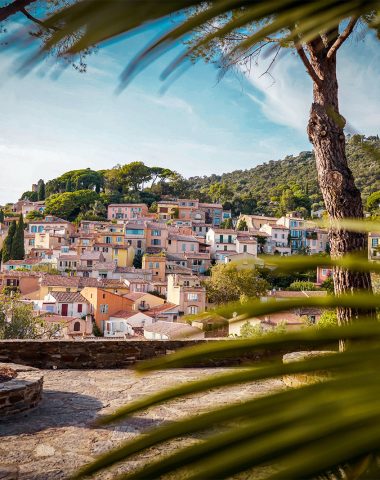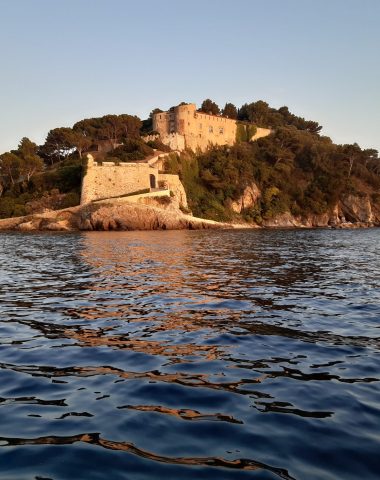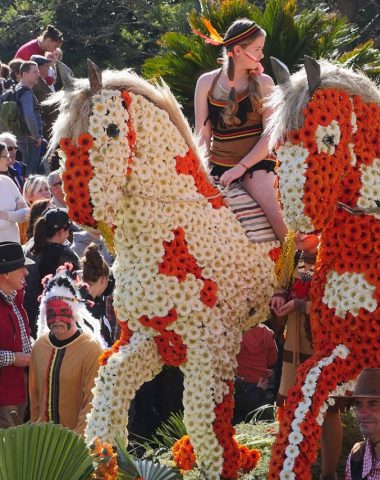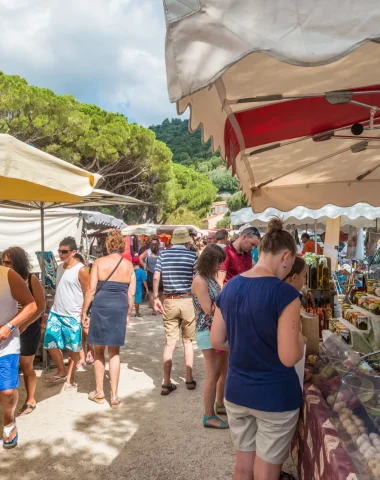Embark on a captivating journey along the Chemin des Sages, a project born from a visionary gathering of the Conseil des Sages, composed of wise individuals aged 60 and above, carefully chosen by local councilors for their wealth of experience. Inspired by the core principles of our Republican motto “Liberté, Égalité, Fraternité,” the council sought to breathe life into these ideals in the town of Bormes.
The Concept Takes Flight
A groundbreaking idea emerged during the council’s meeting—to adorn the town with phrases from renowned men and women, celebrated worldwide for their wisdom and humanism. The goal was to ignite the conscience of both passers-by and tourists, fostering a deeper connection with these universal values. To gain the support of the Mayor and the Council, the decision was made to integrate this pathway with the installation of historical plaques on the town’s iconic monuments. The members of the Conseil des Sages then meticulously designed the route through the medieval village and dedicated themselves to creating the perfect support, texts, images, and symbols for these plaques.

The butterfly, symbolizing joy, beauty, grace, and lightness of being, was chosen as the emblem of the project. Its transformative journey mirrors the essence of personal growth and rebirth. Just like the butterfly, we too experience different stages in life—a profound metamorphosis that allows us to release our past and embrace the beauty of who we’ve become. Symbolizing wisdom, the butterfly becomes a boundless source of inspiration. Beneath its delicate exterior lies an unwavering strength. Despite its ephemeral lifespan of a few days or weeks, the butterfly brings joy and exuberance through its graceful flight, fully savoring every moment that nature presents. Let us, like the butterfly, fearlessly embrace the experiences life offers us, both good and bad, knowing that they are fleeting. After all, our past experiences provide the best preparation for the future, allowing us to tread life’s paths with serenity.
Baden Powell’s biography
British soldier, founder of Scouting: "The ambition to do good is the only one that counts".
Lord Robert Stephenson Smyth Baden-Powell of Gilwell, a British military officer and the founder of Scouting, left an indelible mark on the world with his vision and dedication to youth development. Born on February 27, 1857, in London, Baden-Powell’s life journey took him from military service to the creation of a global movement that would shape the lives of millions of young people.
Baden-Powell’s military career began with his promotion to the rank of captain at the young age of 26. He was stationed in South Africa, where he had the opportunity to interact with native scouts whom he greatly admired. Learning from their survival techniques and expertise in exploration, Baden-Powell honed his own skills and gained invaluable knowledge.
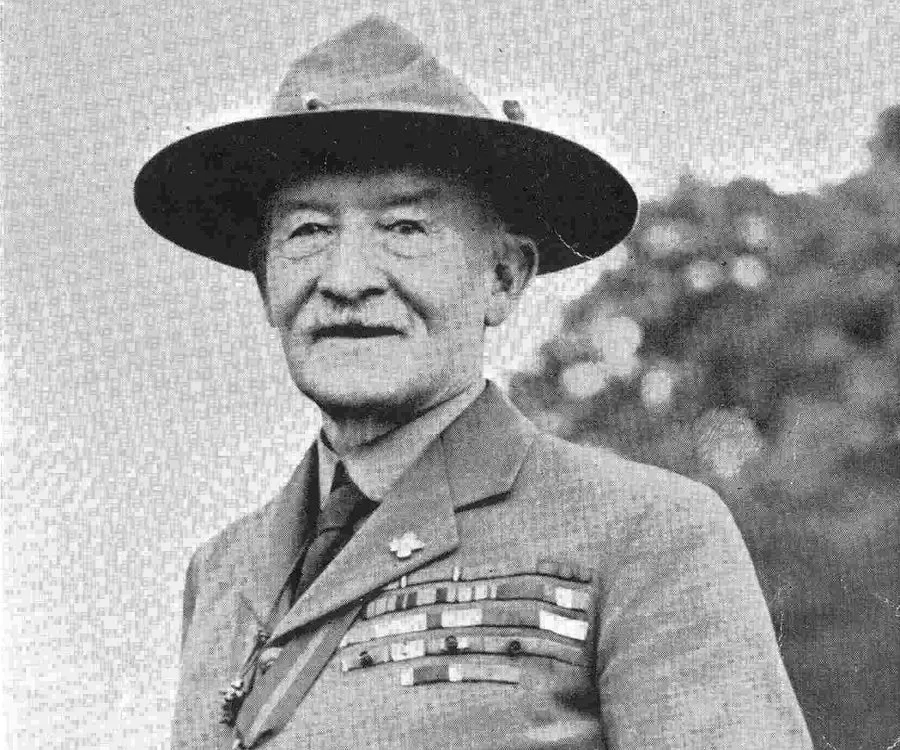
In 1896, he received training from Frederick Russell Burnham, an American scout, which would later have a profound influence on the development of Scouting. These survival techniques and principles would become integral to the philosophy of Scouting.
Baden-Powell’s fame reached its zenith with the well-known siege of the town of Mafeking in 1899 during the Second Boer War. His leadership and strategic skills in defending the town garnered widespread recognition, and he was subsequently promoted to the rank of lieutenant-general in 1907. After retiring from the military in 1910, Baden-Powell dedicated himself fully to the Scouting movement.
In 1907, Baden-Powell organized a historic eight-day camp on Brownsea Island, inviting a diverse group of twenty boys from different social backgrounds. This camp served as a testing ground for his ideas on how Scouting could be adapted to engage and empower young people. Subsequently, Baden-Powell penned the influential book “Scouting for Boys” in 1908, which outlined the principles and practices of the Scouting movement.
The impact of Baden-Powell’s work was swift and far-reaching. The Scouting movement gained immense popularity, spreading rapidly across numerous countries worldwide. In 1920, the first-ever Jamboree was held, bringing together Scouts from 21 nations. Recognizing his global leadership and influence, Baden-Powell was appointed World Chief of the Scouting movement.
As Baden-Powell grew older, his focus shifted toward advocating for peace and pacifism. The Scouting movement also followed this path, aligning its principles with his vision.
In 1938, Baden-Powell was nominated for the Nobel Peace Prize, a testament to the impact he had made in promoting peace and fostering the growth of young people through Scouting. Despite not receiving the award, his legacy as the founder of Scouting and a champion of youth development remains a beacon of inspiration to this day. Lord Robert Stephenson Smyth Baden-Powell of Gilwell’s words, “The ambition to do good is the only ambition that counts,” continue to resonate, encapsulating the essence of his remarkable life and the enduring values of the Scouting movement.
The Korrigane Inn and the Rue des Fours
The Auberge de la Korrigane and Rue des Fours have historical significance in the region, reflecting the local economy and the village’s heritage.
The name “La Korrigane” is unique to the region and draws inspiration from Breton legends, specifically referring to an evil elf. Despite its unusual name, La Korrigane played a significant role in the local economy, serving as a popular holiday resort located on Rue Carnot. Over the years, the building has served various purposes, including a family home, a small hotel-restaurant, and a youth hostel, contributing to the village’s long-standing tradition of hospitality.
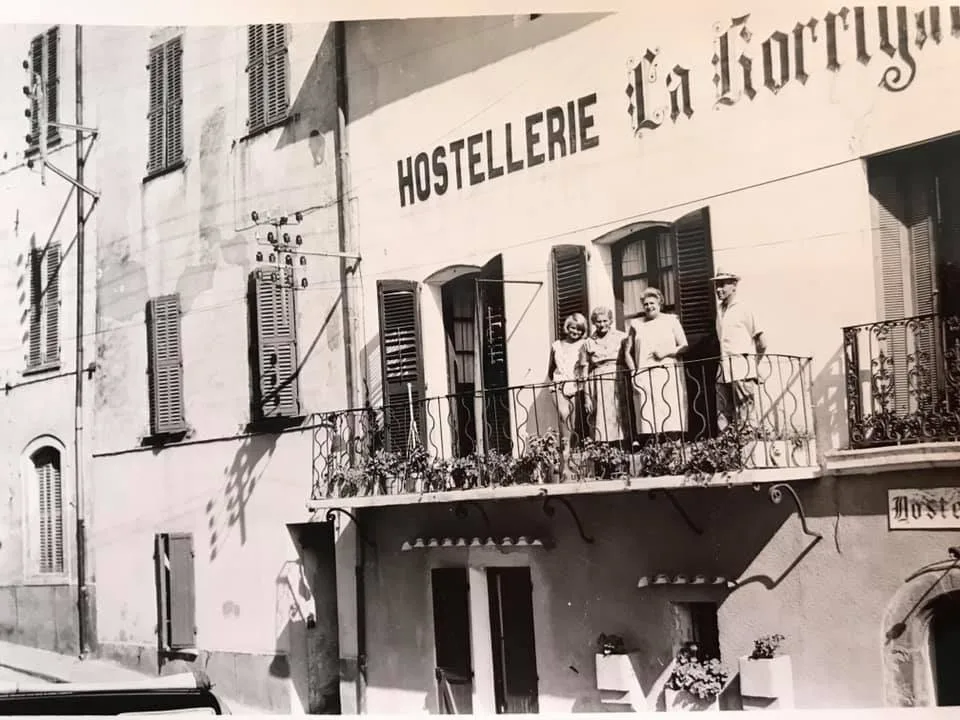
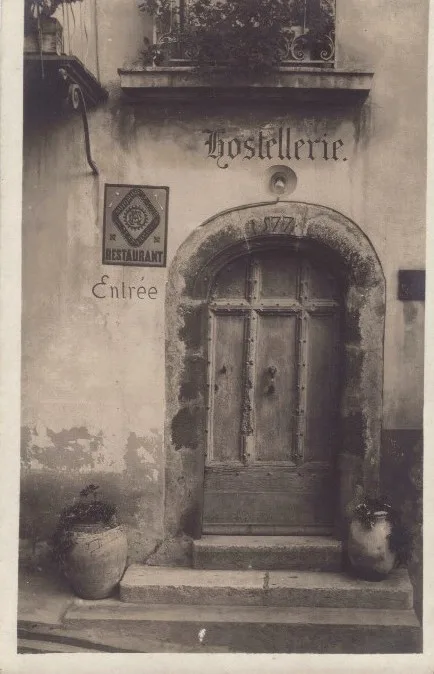
The front door of La Korrigane and the use of serpentine stones from the nearby La Môle quarry provide clues about the building’s construction and its historical wealth. The installation of La Korrigane dates back to 1577 when this part of the village began to develop outside the protective walls, as the threat of invasion and looting diminished.
Rue Carnot, particularly its lower section, holds historical significance as the site of bread ovens. These ovens were strategically placed at a distance from dwellings to prevent fires. For centuries, a continuously operating oven supplied bread to the villagers and the Seigneurie. The local seigneur (lord) benefited from the “banalités” tax paid by oven users. As the population grew, so did the number of ovens and bakeries in the area. At the start of the 20th century, the lower part of Rue Carnot, formerly known as Rue des Fours (Street of Ovens), housed three ovens and a large bakery, occupying a significant portion of the street.
These historical details shed light on the development and transformation of the village over time, reflecting the importance of trade, hospitality, and communal infrastructure in the local economy and daily life of its residents.

To experience the full splendor of the Chemin des Sages and delve deeper into the fascinating stories that unfold along this path, we invite you to explore the Baludik app.
Scan the QR code and embark on an interactive journey filled with games, surprises, and a deeper connection to the rich heritage of Bormes.


